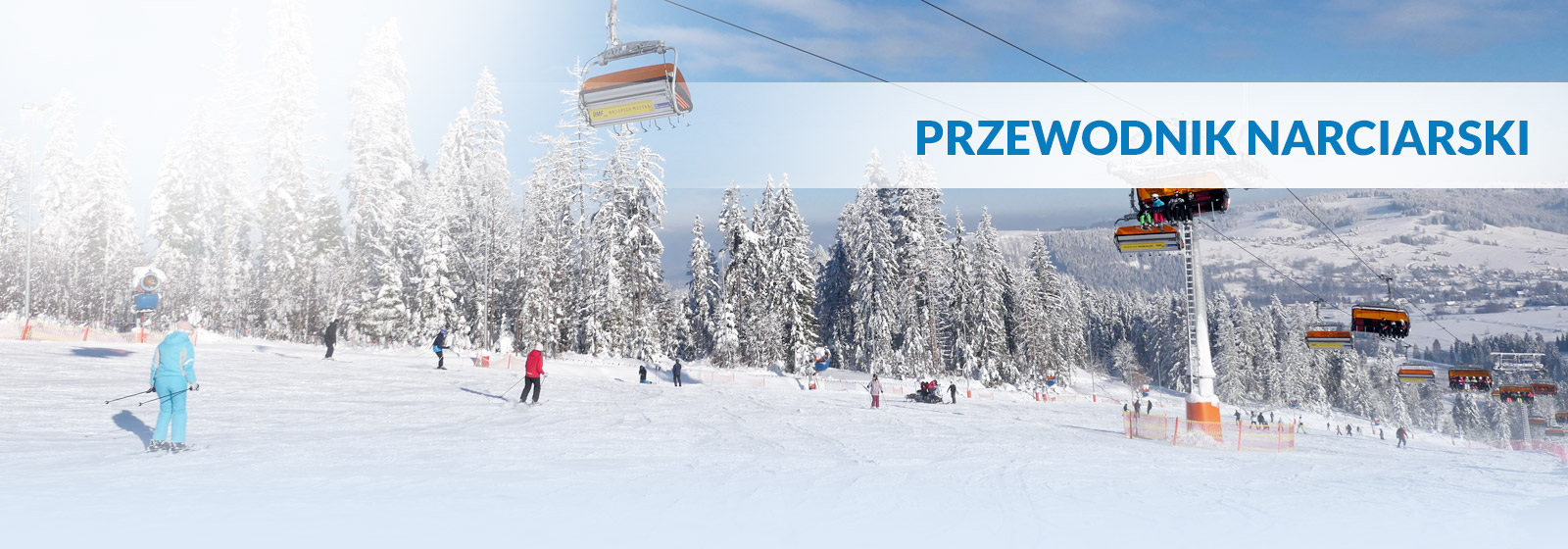Humiliated Lemkos did not give up – many of them arrived and took part in the first convention of the representatives of the Ukrainian minority of Poland in 1956 in Warsaw. They participated in the convocation of the Social and Cultural Ukrainian Society that ensured their partial autonomy. A separate Lemko Section was launched and publication of ‘Łemkowska Stroniczka’ started. Some of the courageous Lemkos tried to become independent and it resulted in the publication of the bilingual , Lemko-Polish poetry editions and solely Lemko magazines (‘Hołos Watry’ – from 1984 in Krynica and ‘Besida’ - from 1989 in Krynica). ‘Lemkos’ Bonfire’ has been organised since 1983. It is a festival of Lemkos’ works from many fields of life. It is very important for the popularization of the Lemkos’ culture and it stops significant ‘polonisation’ of the young generations of Lemkos. Lemkos from around the world come to take part in the ‘Bonfire’, in their holiday. They take opportunity to meet with old friends and to experience good portion of music, dance, song and poetry. Apart from the south of Poland we can find small Lemko communities in Legnica, where a Lemko Amateur Theatre was launched - plays are put on in Lemkos’ language and they depict Lemkos’ life. Those who want to learn Lemko language have such possibility at the Pedagogical University of Cracow. It is the only university with the Faculty of Russian Philology where Lemko-Ruthenian language can be learnt. PhD candidates of the Jagiellonian University under Prof Witkowski guidance created a Lemko Dictionary. After so many years Lemkos moved for the recognition of the dispossession action as illegal. They also claimed their grabbed lands, farms and forests to be given back to them. Unfortunately, effects of these moves were inconsiderable.
Lemkos’ culture from the period before the dispossession ceased. Nowadays, it is not possible to experience the traditional customs and rites. Lemkos’ outfits are only national costumes. Lemkos’ premises, eliminated by the construction restrictions and lack of the wood, are only left as relics of the past. Traditional songs that used to be often sung were replaced with radio. Rich customs that organised spare time of the youth were replaced with TV that introduced and imposed urban culture.
Nowadays, there is an ethnic minority of Lemkos that consists of 5850 Polish citizens in Poland, not always living within its borders. This small group is divided into those who identify themselves to be a separate national minority and those who thought of themselves as an ethnical group of the Ukrainian nation. Lemko language is thought in 21 educational establishments and by the Society of Lemkos. Currently, Lemkos belong to two Churches: Greek Catholic and the Polish Autocephalous Orthodox Church. Unfortunately, the rate of birth decreases and with death of the oldest generation Lemkovyna may stop exist. However, is it really going to happen? Undoubtedly, it is possible to be stopped from happening if an appropriate number of people will remember that for them or for their ancestors Lemkovyna is their beloved homeland...


